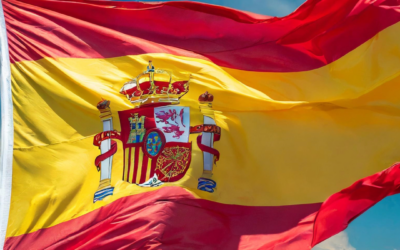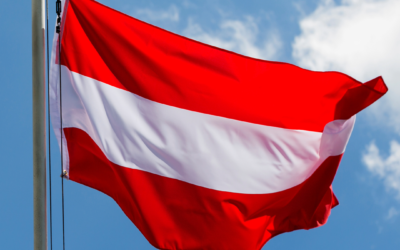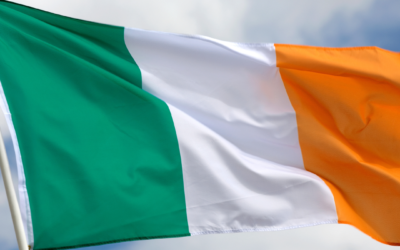Lizenzero.eu Blog
Welcome to the Lizenzero.eu blog, your trusted source for innovative solutions and expert insights into the world of sustainable packaging management and eco-friendly waste disposal.
All information at a glance
Up to date
Easy & Fast
Reliable

Latest Updates on the VAT in the Digital Age Reform
VAT is among the most important revenue sources for the member states’ national coffers. Factually supported statistics show that, on average, from the perspective of the entire EU, around 20% of the revenue from tax collection comes from the value-added tax. This data unquestionably shows VAT’s importance in gathering resources within the tax space. Based on these facts, it’s not difficult to comprehend why the national tax authorities and the EU are continuously looking for areas they can improve to decrease the level of tax fraud, evasion, and other illegal activities that contribute to the VAT gap.
Commercial packaging in Spain: New system participation obligation from 2025
From 2025, one crucial point will change for companies that ship goods to Spain: commercial packaging will also be subject to system participation from January 2025. While this obligation previously only applied to household packaging, commercial and industrial packaging will also be affected from next year. In this article, we explain what this means for you and what steps you can take now so that you can prepare in good time and fulfil all the new requirements.
Mandatory deposit from 2025 in Austria: everything you need to know about your beverage packaging
From 1 January 2025, a nationwide deposit system for single-use beverage packaging such as plastic bottles and cans will be introduced in Austria. The reason for the introduction is to increase recycling rates, reduce waste and protect the environment in Austria. However, this change in the law also brings new obligations and challenges for retailers and manufacturers who deliver to Austria. In this article, we will inform you about everything you need to know about the upcoming deposit system, the legal framework and how you as a company can best respond to it.
Compliance in Ireland: How to fulfil your EPR obligations
Ireland uses the extended producer responsibility (EPR) model to manage various waste streams and has introduced six EPR programmes. This means that manufacturers bear the costs for the collection and environmentally sound disposal of their products. There are specific targets for each of the six programmes. Companies operating in Ireland or planning to expand into the Irish market are obliged to fulfil the legal requirements and thus contribute to sustainable waste management in Ireland.
Labelling requirements and co. in Romania: Your EPR obligations at a glance
Are you shipping goods to Romania? Then you should definitely familiarise yourself with the local regulations regarding your packaging. As in other EU countries, various obligations apply to you as a distributor in Romania in terms of extended producer responsibility (EPR). The EPR stipulates that manufacturers, importers and companies are responsible for the entire life cycle of their products. This also includes the disposal and recycling of packaging. In this blog post, we explain which obligations apply in Romania and how your packaging must be labelled there.
Consolidation of EPR flows for packaging and graphic paper in France
One of the biggest challenges we currently face is the effective management and reduction of waste. The constantly growing population and increasing consumption lead to ever greater quantities of waste, which pollutes our environment. In addition, our natural resources are dwindling. To counteract this problem, the EU Waste Framework Directive has been in place since 2008, which was amended in 2018 and represents a decisive step towards a sustainable circular economy in the EU. This directive sets clear targets and measures to prevent, reduce and optimise the recycling of waste. But what exactly is behind this directive and how is it implemented? In the following article, we take a look at the background and objectives of the EU Waste Framework Directive and highlight the key aspects and challenges involved in its implementation.






